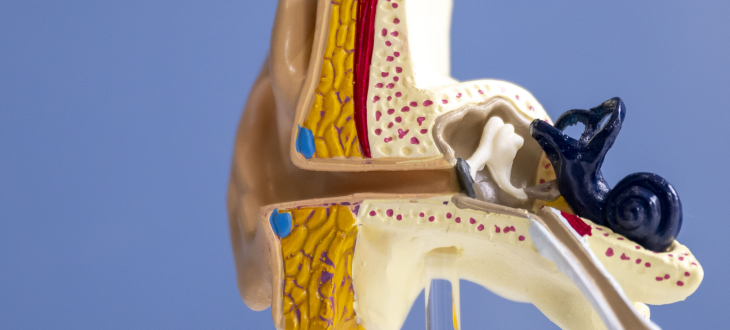
You wake up one morning with persistent and annoying ringing in your ears, yet your ears seemed perfectly fine the day before. The ringing is not going away, and your frustration increases when you realise you took your newly prescribed medication last night. You wonder, “could this be the cause of the relentless ringing in my ears?”
Generally speaking, many prescription and over-the-counter medications can trigger ringing in the ears. Some make the ringing worse, and others cause a seemingly new sound. Before we explore the types of medications that can cause ringing in the ears, let’s learn what the ringing is.
Tinnitus, or Ringing in the Ears
15-20% of adults experience tinnitus, ringing in one or both ears. The sound is not an external sound that others can hear, but one that only you can. Others hear clicking, pulsing, rushing, humming, and low or high pitched ringing, with high pitched ringing the most common sound heard.
Common Medications that Can Cause Ringing in the Ears
Many adults take medications to relieve a simple headache or combat depression and anxiety. Whatever the reason for your medication, these common substances that can trigger tinnitus:
Medication-induced tinnitus is typically acute and can have short-lived side- effects. The symptoms usually subside once you stop taking the causative medication. Still, you should first consult your general practitioner as there may be a more important reason for continuing your prescription.
Ototoxic Medications
It’s advisable to be familiar with various ototoxic drugs, particularly those that cause significant tinnitus symptoms. Ototoxic drugs typically cause ear-damaging effects to susceptible people. Certainly, recognizing these can save you from needless frustration with this annoying condition.
Like it sounds, ototoxic medications have a toxic effect on the ears or nerve supply. The results can be permanent or temporary, depending on the drug or dosage. The American Tinnitus Association (ATA) notes that the following ototoxic substances can trigger permanent tinnitus symptoms:
Wrapping Up
Since many other medicines can cause tinnitus, it’s advisable to consult your doctor before you start taking a new medication. If you find that the new medication you are on is causing ringing in your ears, a phone call to your doctor may aid in determining if the new meds are the culprit or if something else may be causing your tinnitus. By all means give our team a call if you have any concerns over a ringing or buzzing in your ears and we will be happy to help.

Pindrop Hearing Limited is registered in England and Wales No 05909296 Trading address 41 Harley Street, London, W1G8QH. Pindrop Hearing Limited acts as a credit broker and only offers credit products from Tabeo.
Pindrop Hearing Limited is authorised and regulated by the Financial Conduct Authority. Our registered number is 796909. Credit subject to age and status.
© Pindrop Hearing 2025
£100 M&S Voucher
We'll also recycle your old hearing aids to the Starkey Foundation.